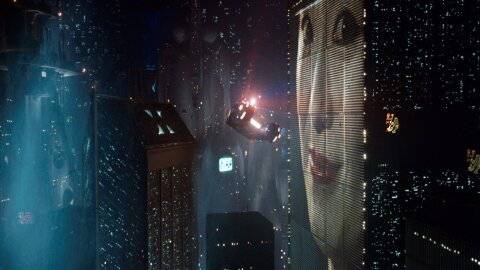


Share
About the different releases and how very bad voiceovers can be. But tl;dr: watch the “Final Cut” for sure always.
Philip K Dick’s vision in the novel Do Android Dream of Electric Sheep vs Ridley Scott’s in the film. Dick’s use of scifi as a tool to explore humanity.
High tech, low life. Blade Runner and William Gibson’s Neuromancer. Many other examples in our episode history. Social stratification and the wealth gap. Cyborgy bits and noodle bars. Environmental destruction. Flying cars?
And cinematography. What a beautiful movie! Practical effects and things that age well from the 80s.
Detection. Genetic design. Testing for replicants with bullets like testing a witch with drowning.
Why design your androids to be so human? Designing anthropomorphized androids to operate with human tools in a human environment.
A new theory for how replicants work. Terminological issues. Maybe they shouldn’t be called “androids?”
The control problem and cellular kill switches.
The Voight-Kampff machine as analogy to the lie detector, i.e. the BS intimidation machine for coaxing people/androids into admitting things. Or shooting the interviewer. Turtle vs tortoise vs terrapin.
“Android” brain production analogy with CPU production methods.
Memories providing the context that makes up our selves. Looking for nipples.
Is Deckard a replicant? It depends on whether you’re talking about the book and then also which cut of the film.In the book, no. In the theatrical release, probably not. In The Final Cut, yes.

Lee Colbert
Host

Christopher Peterson
Host